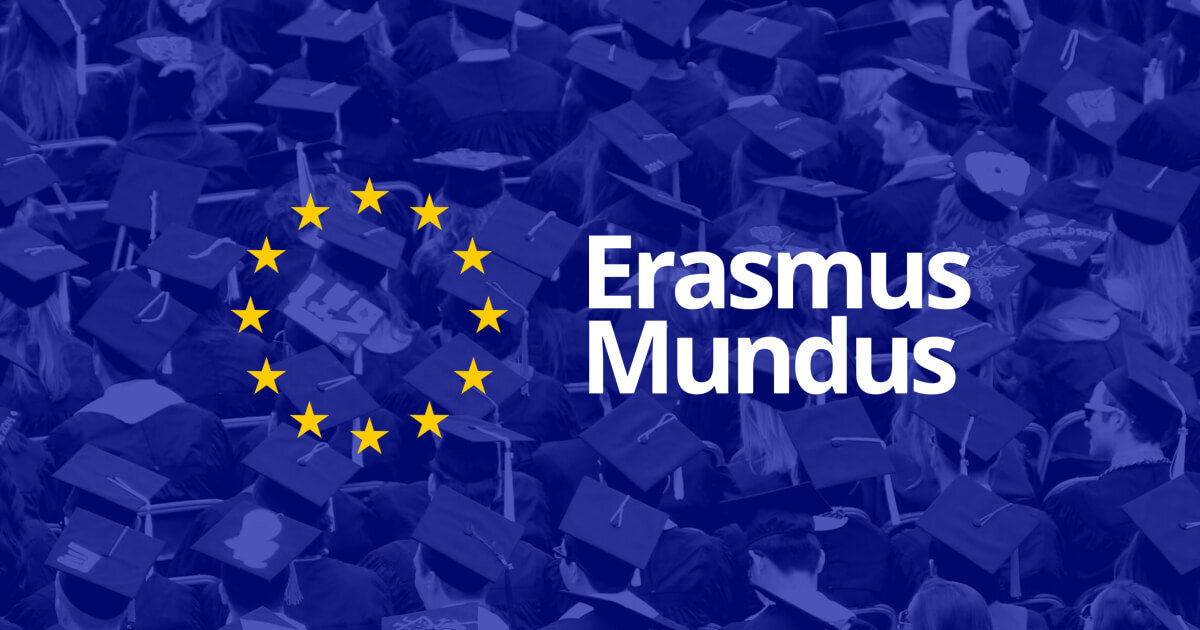Articles & Publications
Master of Arts in Sports Ethics and Integrity (MAiSI) European Programme Erasmus Mundus
Master of Arts in Sports Ethics and Integrity (MAiSI) European Programme Erasmus Mundus

The Master of Arts in Sports Ethics and Integrity is the only post-graduate course in sports philosophy and sports governance funded by the European Union, initially for a three year period.From the very first year, the EU renewed its confidence in the Programme by extending its duration for another three years, for a total of six years.
Furthermore, the International Olympic Committee, finding that for the first time there is a scientific answer and vocational training on issues that have long been a concern for the Olympic family (doping, corruption, match-fixing, etc.), offers scholarships to Olympic medallists to cover their participation in the Programme.Τhe Masters (MAiSI) is offered by six top European universities with distinguished professors teaching in their scientific fields.One of them is the Katholieke Universiteit Leuven (Coordinator), which ranks 45th in the Times 2020 list of best universities in the world, with its Faculty of Educational Sciences found among the top 15 worldwide.The University of Peloponnese and in particular the Department of Sports Organisation and Management, in cooperation with the International Olympic Academy, is one of the six pillars of operation of this Master’s.
The President of the IOA, Mr Isidoros Kouvelos, with the support of the Ephoria, signed a memorandum of agreement with the University of Peloponnese for the successful implementation of the Master’s in the IOA premises in Ancient Olympia, since the topics examined by the MAiSI are fully in line with the goals of the IOA.With the course on “Olympism” being taught under the responsibility of the writer, in the cradle of the Olympic Games, Ancient Olympia, surrounded by the outstanding beauty and historical symbolism of the IOA premises, where the heart of Pierre de Coubertin lies, the students are able to learn and approach specific topics of the modern Olympic Games, Olympic Education, Olympic Games and Olympicb Legacy Organisation and Management.The six universities joined forces, coordinated by Philosophy Professor Mike McNamee of Swansea University, each undertaking with students a critical analysis approach to their research topics.This means that students have the opportunity to study in different countries, to deepen their knowledge and sharpen their thinking on the following subjects: Ethics and Integrity (Swansea University, United Kingdom), Governance of Sports (University Pompeu Fabra, Spain), Sports as Social Capital (Katholieke Univerisiteit Leuven, Belgium), the Economic Dimension of Sports and the Olympic Games (Johannes Gutenberg University, Germany), Ethics, Integrity and Doping (Charles University, Czech Republic), Olympism and Research Methodology (University of Peloponnese, Greece).
Key issues examined within the Master’s Degree are corruption in the high ranks of sport administration, the manipulation of sporting games and events, governance and the challenges facing the Olympic Movement, human rights, gender equality and the rights of people with disabilities.The Master’s has a two-year duration and accounts for 120 ECTS. EU scholarships cover all the costs for the majority of students from Europe and other continents, while the IOC grants scholarships to Olympic medallists.
“EU scholarships cover all the costs for the majority of students from Europe and other continents, while the IOC grants scholarships to Olympic medallists.”
Related Posts
Articles & Publications

Articles & Publications



